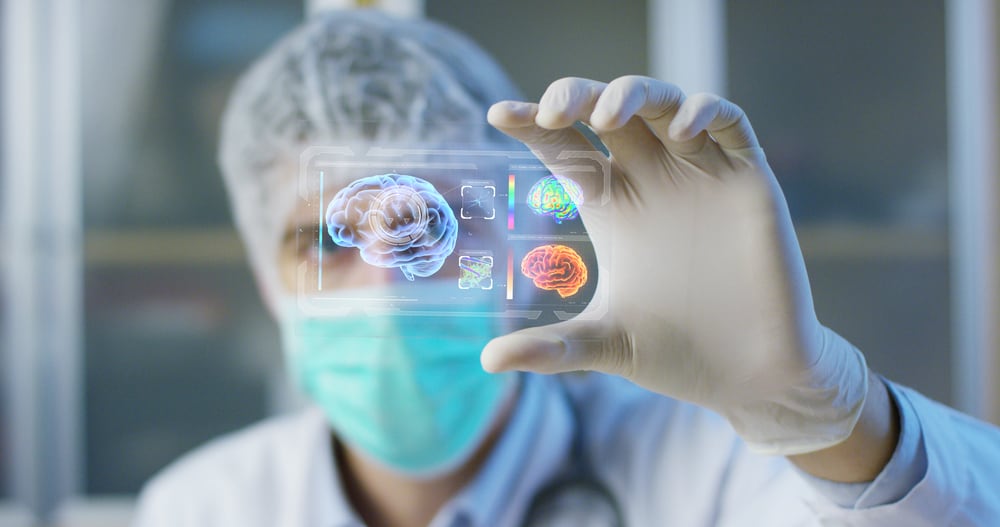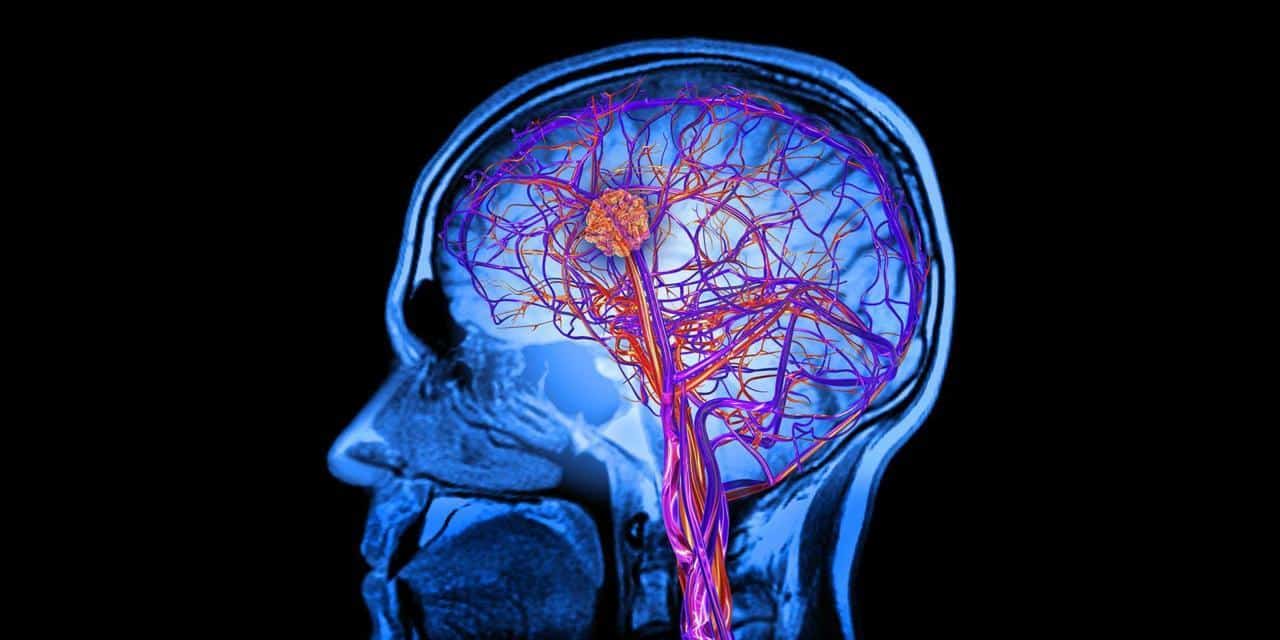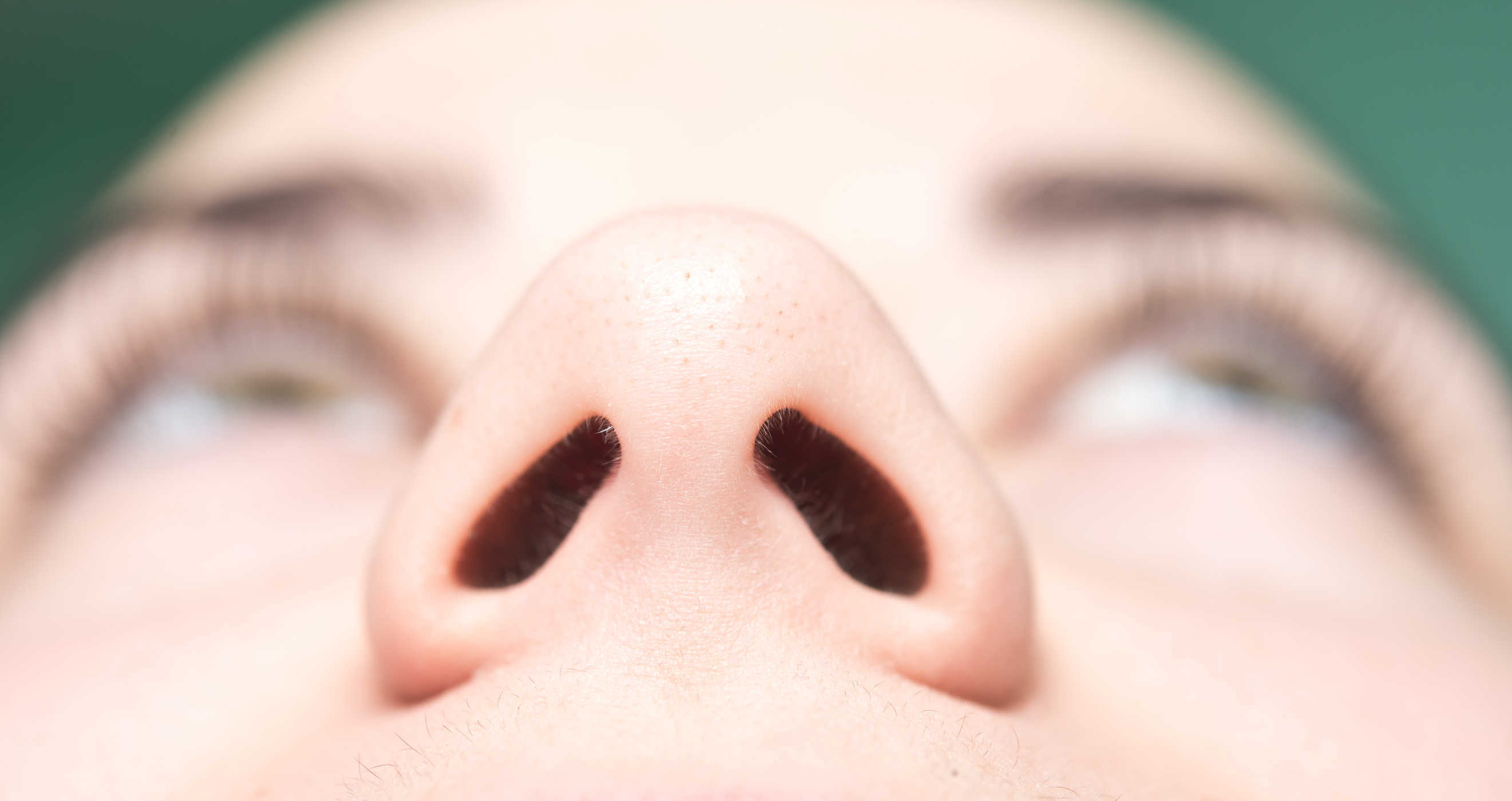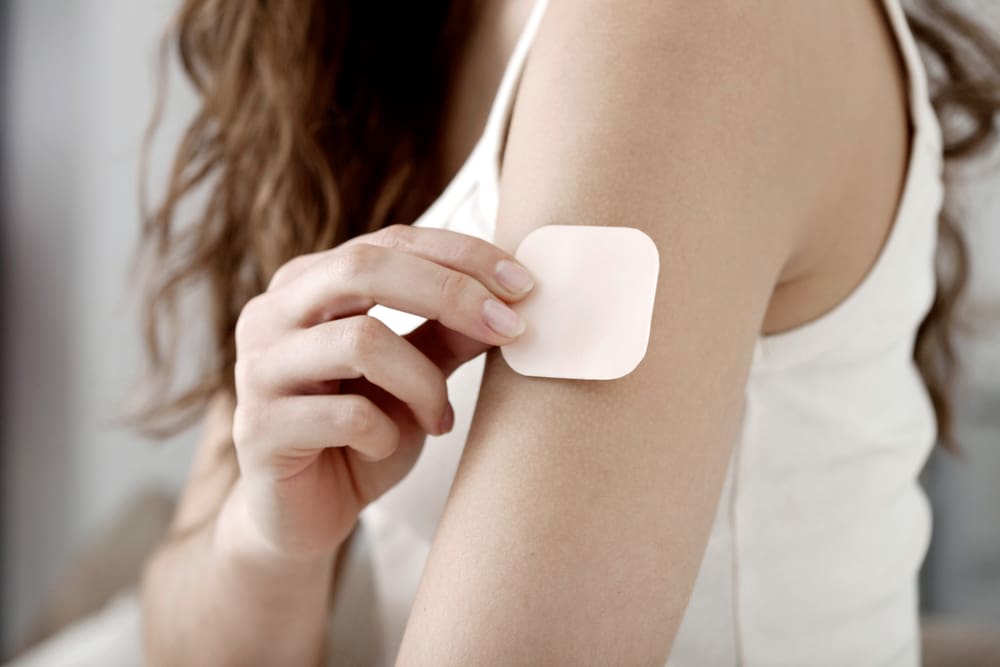Contents:
- Medical Video: What is the Pituitary Gland?
- What is the hypothalamus?
- What is the function of the hypothalamus?
- Hormones produced by the hypothalamus
- Disorders that may occur in the hypothalamus are
- Symptoms of hypothalamic disease
Medical Video: What is the Pituitary Gland?
The brain is a human driving machine. If you want to do something, then the brain rules and regulates it. The brain works by accepting and processing signals that enter from sensory organs, such as the hands, then send them as command to the muscles to act. The hypothalamus is one part of the brain that has a role in this, as well as various other important roles. Here are all the important info you need to know about the hypothalamus.
What is the hypothalamus?
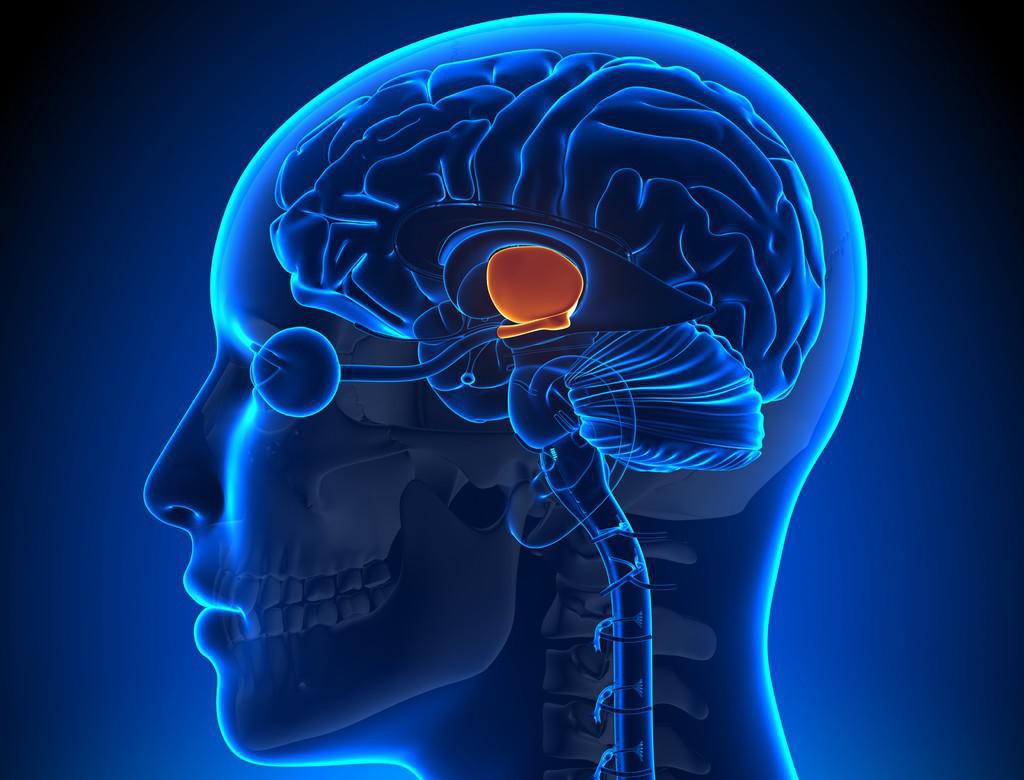
The word hypothalamus comes from two Greek words which are translated as "below the thalamus." The thalamus itself is a part of the brain that functions to convey sensory information and acts as the center of pain perception.
The hypothalamus is located at the base of the brain, below the thalamus and near the pituitary gland. All vertebrate brains have a hypothalamus. In humans, the size is almost the same as almonds.
The hypothalamus is a small area in the center of the brain that has many important roles. The hypothalamus that is not functioning properly can cause many problems in the body.
What is the function of the hypothalamus?
To be able to function normally, the body's condition needs to be kept normal and balanced. The main task of the hypothalamus is to maintain this condition as much as possible. How, the hypothalamus acts as a link between the endocrine and nervous system. The hypothalamus stimulates endocrine to produce hormones through nerve signals and circulates them throughout the body.
Well, these hormones then help regulate various physiological functions of the body, such as:
- Body temperature
- Thirst and hunger
- Emotion
- Sleep cycle
- Sex drive
- Labor
- Blood pressure and heart rate
- Gastric acid production
- Balance of body fluids
The signal received by the hypothalamus will tell whether the balance has been reached or not. If not, the hypothalamus will drain the hormones needed in the bloodstream to help the body restore its balance.
For example, if the hypothalamus receives a message that body temperature is too hot, the hypothalamus will order endocrine to produce sweat to cool the body. Conversely, if the temperature is too cold, the hypothalamus will make the body goose bumps to produce heat.
Hormones produced by the hypothalamus
Along with the pituitary gland, the hypothalamus controls the entire endocrine system, including the adrenal glands, kidneys and thyroid which produce many hormones in the body.
The hormones released by the hypothalamus include:
- Antidiuretic hormone: to increase the amount of water absorbed by the blood through the kidneys
- Corticotropin releasing hormone: to help regulate metabolism and immune response
- Gonadotropin releasing hormone: to tell the pituitary gland to produce hormones that maintain the function of the sexual organs
- Oxytocin: which is involved in several processes, including breast milk production, regulation of body temperature and body cycle control
- Prolactin controlling hormone: which gives the pituitary gland to start or stop breast milk production in nursing mothers
- Thyrotropin release hormone: which activates thyroid function, causing the release of hormones that regulate metabolism, energy levels and growth.
Disorders that may occur in the hypothalamus are
Disorders that make the hypothalamus no longer function properly are considered hypothalamic diseases. The most common cause of hypothalamic disorders is physical injury to the head which can result in an impact or damage to the hypothalamus. Physical injuries also include side effects of surgery, radiation, and tumors. In addition, genetic factors can also be a cause of hypothalamic disease.
Other causes of hypothalamic disease can include:
- Eating disorders
- Food patterns that are high in saturated fat
- Genetic disorders that cause excessive buildup of iron in the body
- Malnutrition
- Inflammation
- Infection
- Excessive bleeding
Symptoms of hypothalamic disease
Symptoms vary depending on what causes the disease and which hormones do not exist. In children, signs include abnormal growth and puberty.
If the disease is caused by a tumor, symptoms can include blurred vision, loss of vision and headache.
Hello Health Group does not provide medical advice, diagnosis or treatment.

